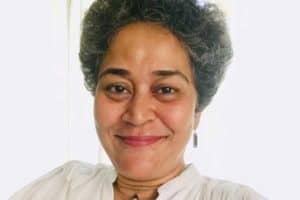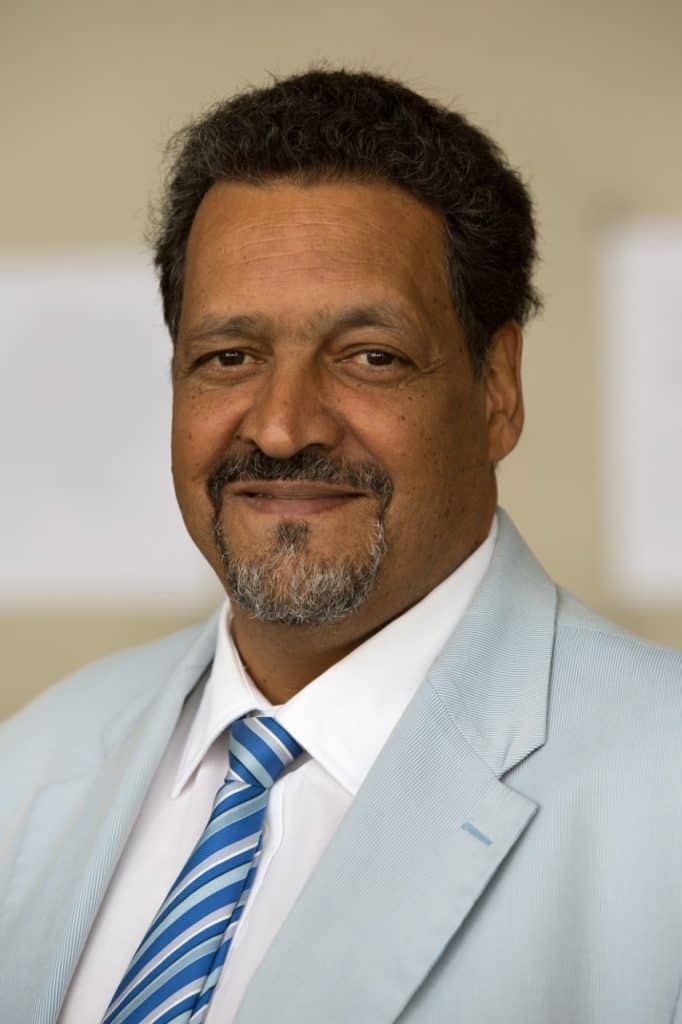Meet the Advisory Board: Ingrid Srinath on the intersectionality of philanthropy
 As the Founding Director of the Centre for Social Impact and Philanthropy (CSIP) at Ashoka University, Ingrid Srinath seeks to build the body of knowledge on Indian philanthropy and civil society. CSIP is an academic centre that aims to be a convenor across societal divides, and a capacity builder for students, alumni of the university, and also for nonprofit leaders and philanthropists in India.
As the Founding Director of the Centre for Social Impact and Philanthropy (CSIP) at Ashoka University, Ingrid Srinath seeks to build the body of knowledge on Indian philanthropy and civil society. CSIP is an academic centre that aims to be a convenor across societal divides, and a capacity builder for students, alumni of the university, and also for nonprofit leaders and philanthropists in India.
Self-sufficiency and independence were key goals in Ingrid’s childhood, driving her to complete an MBA. After 12 years in the private sector though, boredom forced her to look introspectively for something more fulfilling, which led her to work with Child Rights and You (CRY), a Non-Governmental Organisation (NGO). In her 10-year journey there, she helped move CRY from a charity to a human rights organisation, leading the campaign to make education a constitutional right. Her subsequent time at CIVICUS in South Africa and at CHILDLINE India and Hivos India, gave her the knowledge and experience to move to the next step, founding CSIP at Ashoka University. She saw it as an opportunity to get answers to the questions about philanthropy and civil society in India that she’d been asking for 20 years.
Philanthropy in India dates back to 3500BC, grounded in local culture and ethos, across all religions and ethnicities. It has evolved over time to address the needs of the nation, such as during the Freedom Struggle.
“Gandhi was amongst the best fundraisers… a fantastic mobiliser of resources.”
During the nation-building phase that followed independence from colonial rule, philanthropy funded by big business and wealthy Indians established education institutions, research facilities, and promoted arts and culture. International philanthropy only came to India in the 1960s with the Rockefeller and Ford Foundation’s Green Revolution initiatives, motivated in part by the need to stem the spread of Communism after China’s revolution. . In the 70s development era, NGOs and large people’s movements were supported by secular philanthropy – ordinary, indigenous people.
“There’s been a philanthropy in India to fit the needs of each phase of our development as a country, and telling that story – it’s a very different story from the story of international philanthropy – needs to be told in its own right.”
The absence of norms is one of the critical gaps in philanthropy in India. Sometimes referred to a ‘norm-free zone’, philanthropy is the last sector untouched by regulations, reporting, transparency, and accountability, which, of course, makes it susceptible to use by all sorts of influential groups. Non-profit organisations like CSIP are caught in the crossfire of governments wanting to limit the role of foreign philanthropy, and the business sector that is really keen to expand its influence on philanthropy. Being able to present reliable data on the sources of money, the way it is being spent and to what purpose, would be a useful counter, evolving the norms of transparency and accountability in philanthropy.
In India, there is a law that makes it mandatory for all businesses above a certain size to contribute 2% of their net profits to social causes. There is a very large and structured corporate philanthropy sector, accounting for one third of all philanthropy in the country. The set of reporting norms mandated by government provides especially useful data. So too the intense monitoring of international funding, which ensures access to regular, comprehensive data. There is a need for private and domestic philanthropy in India to adopt some of these norms, but this has been met with resistance. CSIP works within this sector, with those who are willing to be more transparent, in the hope that peer pressure will compel some of the more resistant ones to follow.
Looking at the work being done by CAPSI, specifically with African philanthropy, Ingrid believes there is a need to tell the story – to correct the perception that Africa is merely a receiver of philanthropy, not a protagonist. Taking control of the narrative is profoundly important. With centres like CAPSI in Africa, and others in Asia and Latin America, there are opportunities for networking and sharing stories and experiences.
CAPSI can be the catalyst for more of these types of initiatives across the world to be founded: to build the field of research in philanthropy, academic centres are vital.
“I call it the four Ns – actually a K and three Ns – Knowledge, Networks, Norms and Narratives; I think we need to do all of these at the country level, regional level and continent level, and then across the globe itself.”
Extending the partnerships, like the one between CAPSI and CSPI, to other academic centres in the world would be of enormous benefit to the philanthropy space. “We would all be able to move that much faster if we did this together.”





